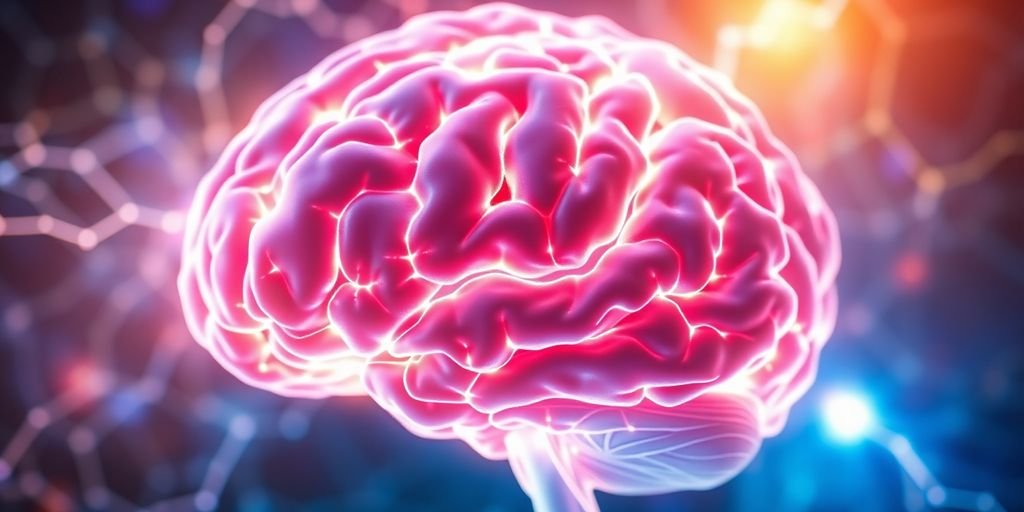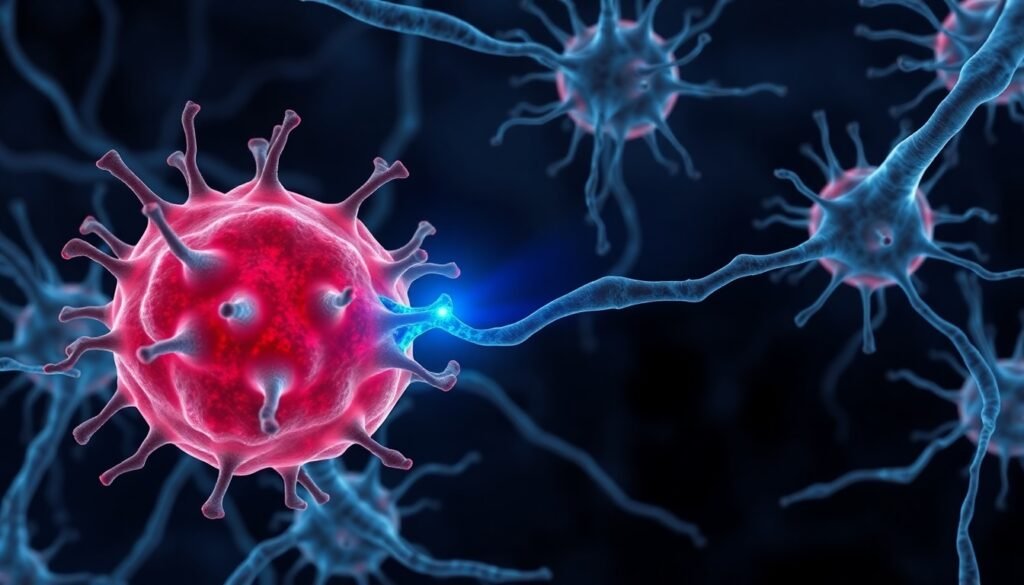Unraveling the Secrets of Memory: How Short-Term Plasticity Shapes Our Past
A groundbreaking study published in Scientific Reports reveals how short-term changes in brain cell connections, known as synaptic plasticity, significantly influence our ability to recall past experiences. Researchers utilized a sophisticated spiking neural network model to explore the intricate interplay between these rapid synaptic adjustments and the formation and retrieval of episodic memories.
Key Takeaways
- Short-term synaptic plasticity plays a crucial role in how we recall specific past events.
- A computational model simulating brain activity demonstrated that these rapid synaptic changes can enhance or hinder memory recall.
- The study highlights the complex interaction between short-term memory effects (recency) and long-term episodic memory.
The Interplay of Synaptic Traces and Memory Recall
Episodic memory, the ability to recall specific past experiences with their unique contextual details, is fundamental to our sense of self. While long-term memory mechanisms are well-studied, the influence of short-term plasticity—transient modulations of synaptic efficacy—on episodic memory recall has been less clear. This research delves into how these rapid, short-lived changes in neural connections can affect our ability to access and reconstruct past events.
A Computational Approach to Understanding Memory Dynamics
To investigate this complex relationship, scientists developed a detailed spiking neural network model. This model simulates the activity of individual neurons and their connections, mimicking biological brain processes. The model was designed to capture how both short-term synaptic plasticity, which operates on millisecond-to-second timescales, and longer-term associative plasticity contribute to memory formation and recall.
Recency Effects and Episodic Memory
The study specifically examined the impact of "recency effects" – the tendency for more recently encountered information to be more easily recalled – on episodic memory. By manipulating the order and frequency of simulated experiences within the model, researchers observed how recency could either aid or interfere with the recall of context-specific memories. For instance, in scenarios where older memories were presented more recently, the model showed improved recall, suggesting that the timing of experiences significantly impacts memory retrieval.
Model Predictions and Future Directions
The computational model successfully replicated findings from behavioral experiments in rats, demonstrating its validity in explaining real-world memory phenomena. The research also generated novel predictions for future experimental studies, exploring how variations in reward schemes and the introduction of additional contextual information affect memory recall. This work opens new avenues for understanding the neural underpinnings of memory and could inform strategies for addressing memory-related disorders.




